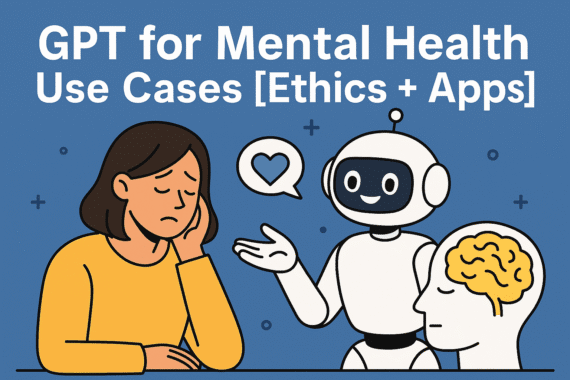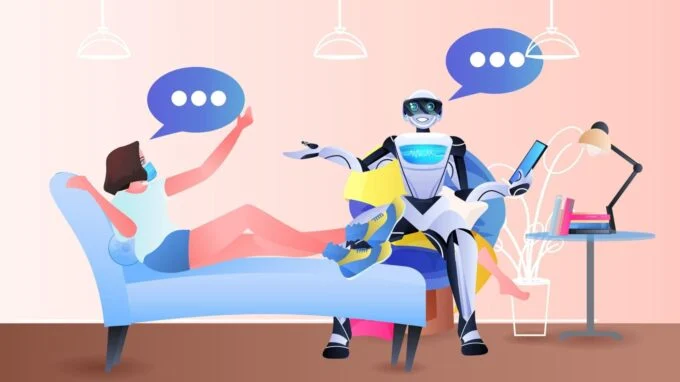Last Updated on 03/06/2025 by Casino
AI wants to be your therapist. But should it? As GPT-powered tools quietly enter our mental health routines — from journaling to crisis coaching — the line between helpful and harmful is starting to blur. Here’s how to navigate it.
The Rise of GPT in Mental Health
AI isn’t just powering your writing assistant or image generator. It’s also being built into wellness tools designed to help you reflect, calm down, or track your emotions. Apps like Woebot, Wysa, and Replika are tapping into GPT to make mental health support feel more personalized and accessible — 24/7 and often without judgment.
In a world where therapy is often expensive or hard to access, these apps offer alternatives. But not without caveats.
Real Use Cases — and Real Risks
- AI Journaling: Tools like Wysa prompt you to reflect on your day or your mood. It feels like talking to someone — even though it’s GPT behind the screen.
- Mood Check-Ins: Daily prompts and emoji sliders help users spot emotional patterns.
- CBT Coaching: Some apps simulate cognitive behavioral therapy techniques — helping users reframe negative thoughts.
- Crisis Simulation: Here’s where it gets tricky. Some tools attempt to respond to high-stress emotional outbursts — but lack the nuance a human therapist provides.
The Ethical Minefield
While the use cases sound positive, ethical concerns are growing:
- Not a therapist: GPT can sound empathetic, but it’s not trained to diagnose or treat. Disclaimers are vital.
- Data Privacy: Your journal entries, mood data, and emotional states are sensitive. Make sure you know where they’re going.
- False Safety: Some users may delay seeking help thinking the app is “good enough.”
- Over-Reliance: Regularly outsourcing emotional regulation to an app could stunt deeper self-awareness or human connection.
Apps That Use GPT Ethically
- Woebot: Uses CBT principles and includes heavy disclaimers. Not a therapist — but good for pattern recognition and nudges.
- Wysa: Combines AI journaling with optional access to licensed therapists.
- Youper: Offers AI-powered insight into emotions — with strong privacy controls.
- Replika: Originally a companion chatbot, now includes mood tracking and self-reflection features.

How to Choose a Safe GPT Mental Health App
Look for:
- Transparent privacy policies
- Clinically reviewed content or human support options
- Disclaimers about limitations (not a therapy replacement)
- Easy data export/delete features
Just like spotting AI scams and fake tools, knowing what to look for protects your time and well-being.
Final Word
GPT can help you reflect, regulate, and reframe. But it should never be your only tool. If you’re struggling, talk to a human. And if you’re curious which AI tools are worth your time and trust — try our Passive Income Planner, built with ethical AI in mind.
Up next: You may enjoy our deep dive into digital addiction and dopamine loops — especially if you’re wondering how tech is shaping your emotional health.

Content dealer at Calm Digital Flow. I break down money, tech, and dopamine chaos—always bold, never boring.
More about me
